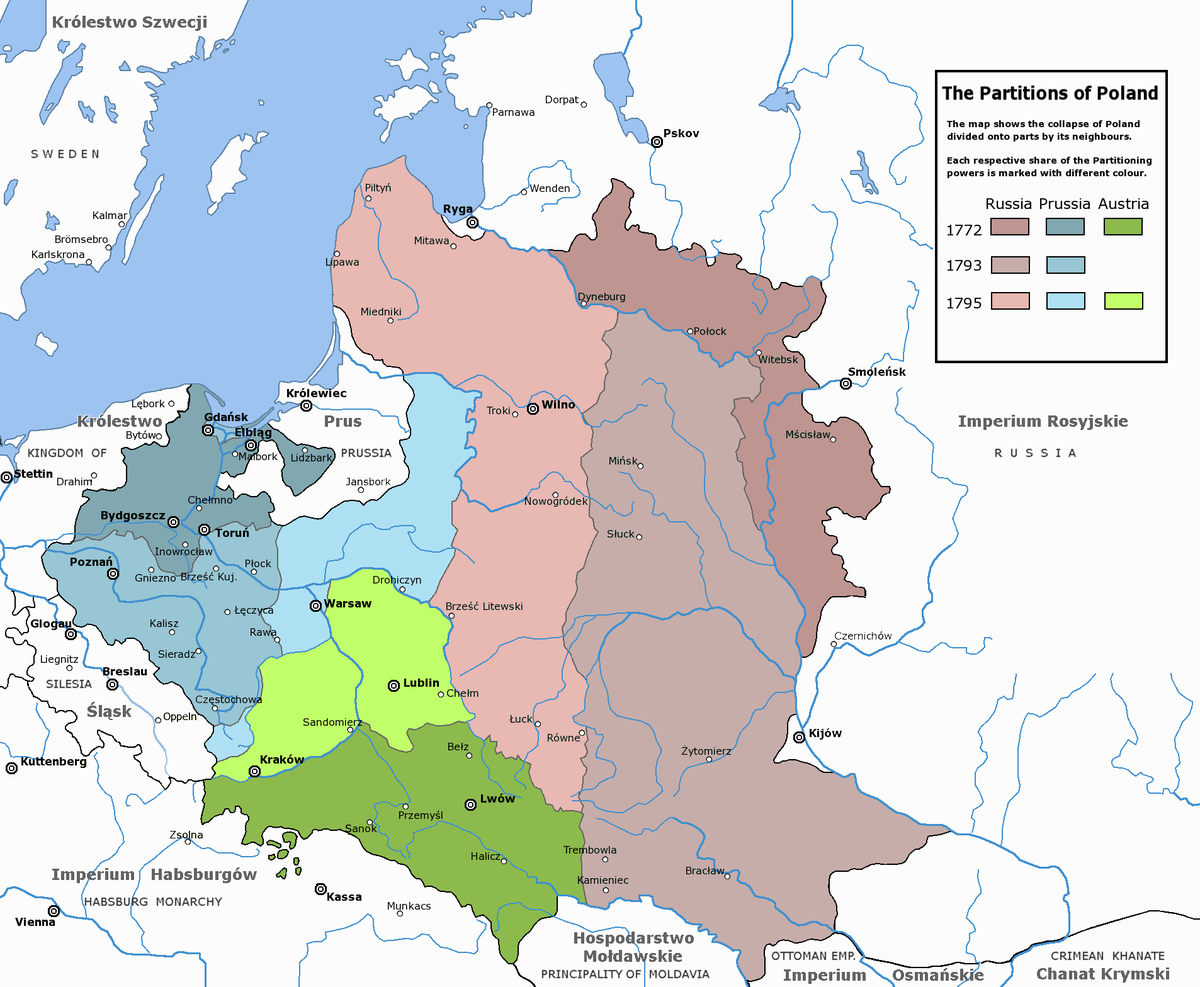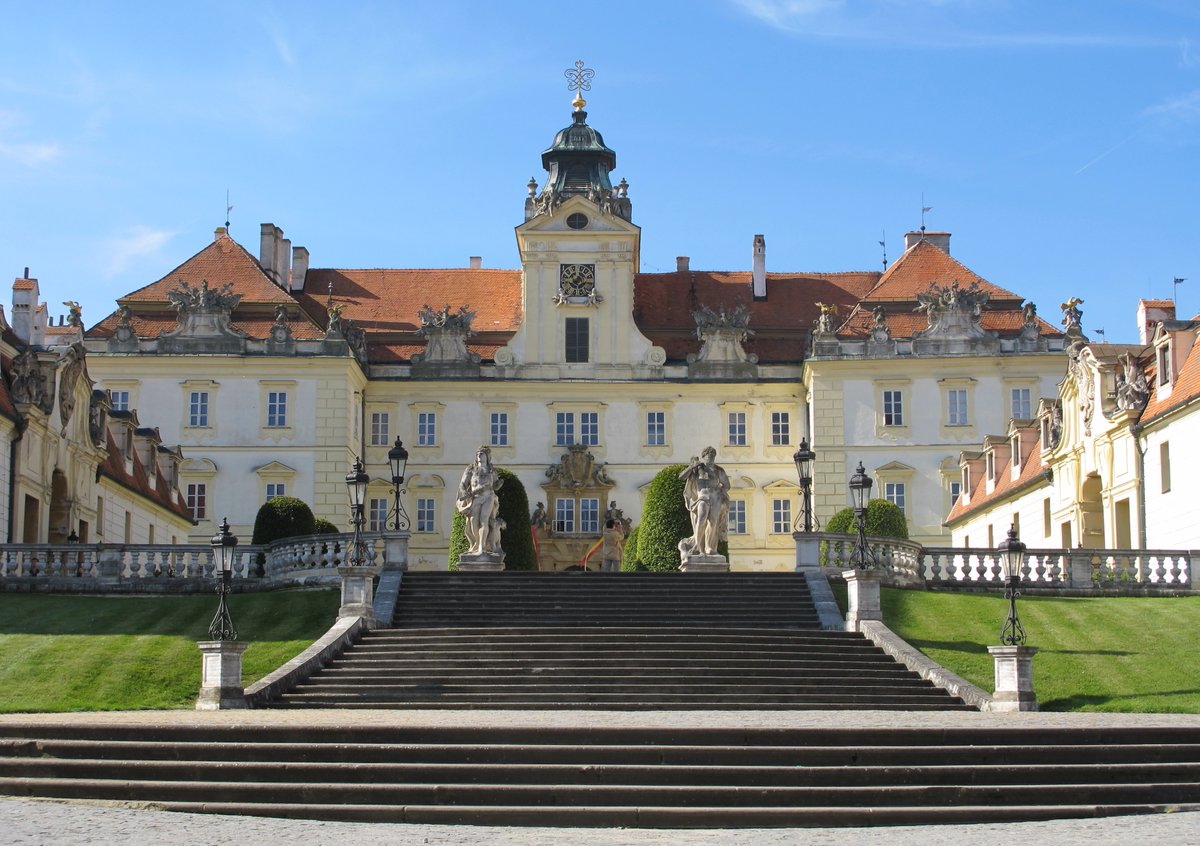
A German Knight who grabbed the land of his order and converted away from Catholicism, creating the power base that would propel his family and his new religion to greater heights.
Story in the evening ...
Story in the evening ...
https://twitter.com/Arby_K/status/1318381576019869696
Albrecht von Brandenburg was born in 1490 as the third son of Margrave Friedrich of Brandenburg Ansbach. Like many of his younger brothers, he was also slated for a career in church and became the Canon in Wurzburg, Mainz & Cologne. 1/10 

The death of the Hochmeister of the Teutonic Order, Friedrich von Sachsen, brought Albrecht to Prussia. Prussia was ruled by the Order, but under the overlordship of Poland, which was ruled by Albrecht's uncle, Zygmunt. 2/10 

Hochmeister Albrecht managed a watchful truce as he tried to free his province from Polish influence. In 1522, he came to Nuremberg to ask the Emperor for assistance. It was then that he met Martin Luther. 3/10 

The 1521 Diet of Worms had led to Luther's excommunication and condemnation as an outlaw, but he had many supporters in the Holy Roman Empire. Albrecht had an intriguing proposal in front of him for action in Prussia. 4/10 

Scheming with his brother and his uncle, Albrecht broke away from the Roman church and paid homage to King Zygmunt. His uncle invested Albrecht as the Duke of Prussia, who formally adopted Lutheranism as the state religion, making Prussia the first Protestant state. 5/10 

Albrecht's son, Albrecht Friedrich, would inherit Prussia after him. Leaving no sons, with the senior Brandenburg Hohenzollern line eyeing Prussia, his son-in-law Johann Sigismund, Elector of Brandenburg, would succeed him in 1618. 6/10 

In 1660, Prussia would become free from Poland, though Brandenburg remained part of the Holy Roman Empire. Lutheranism would also grow in Scandinavia and parts of Germany as well, becoming state religion in many other nations. 7/10 

In return for supporting the Habsburg cause in the War of Spanish Succession, the Duke of Prussia, Friedrich, would be allowed to crown himself King in 1701. Not wanting to offend his liege lord and out of respect to the Polish throne, he called himself King in Prussia. 8/10 

Over the next century as Poland weakened, the Hohenzollerns would carve up Polish territory for themselves. The dissolution of the Holy Roman Empire would see Brandenburg merging with Prussia, with Berlin as its capital. 9/10 

Finally, the duchy Albrecht created in 1525 would propel its rulers to imperial heights as the Germany Empire is formed in 1871 with Prussia at its helm. Though the Empire would ultimately collapse with defeat in WWI, Berlin still retains its role as the capital of Germany. 10/10 

• • •
Missing some Tweet in this thread? You can try to
force a refresh














